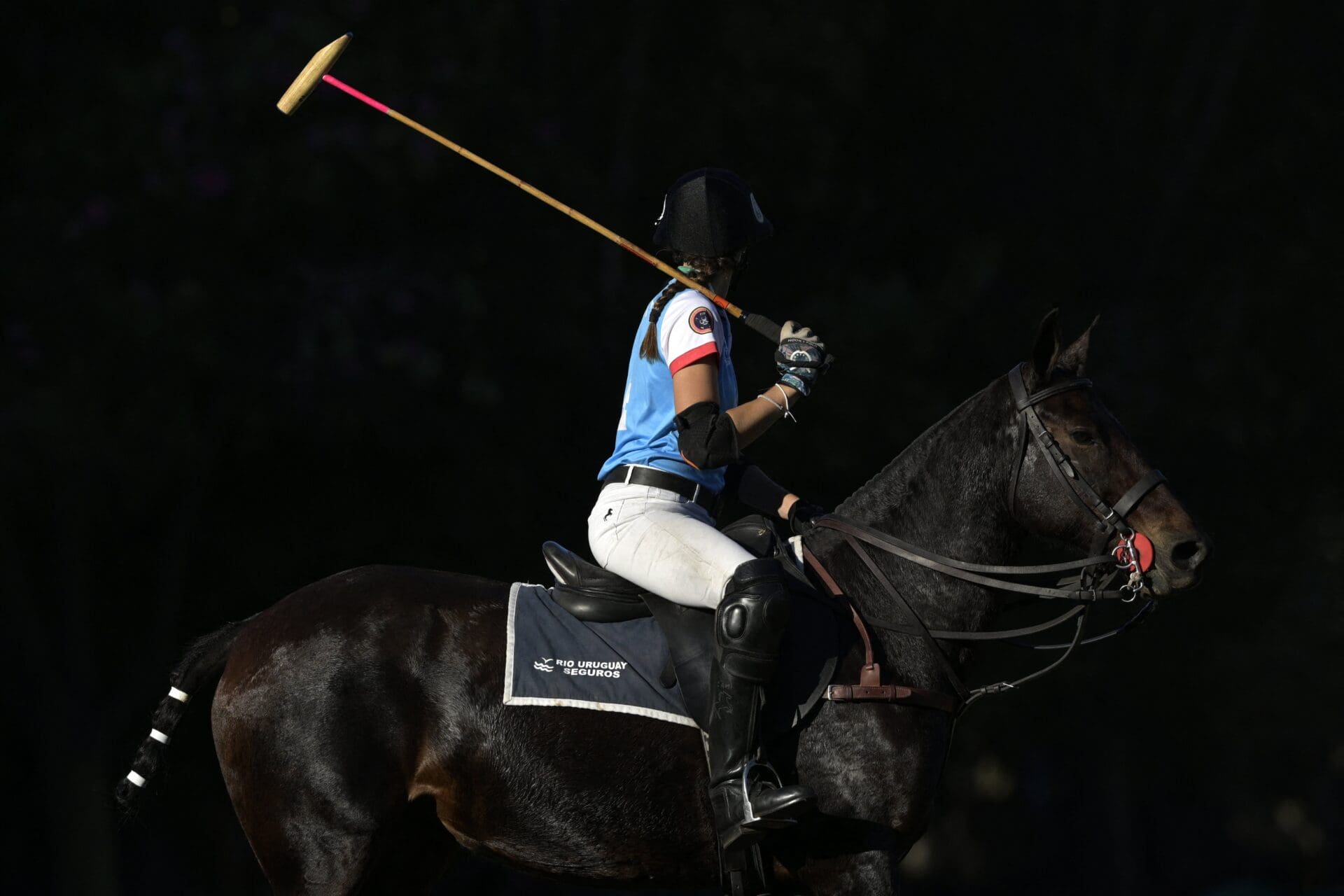A few decades ago, cloning was only the dream of the elite of the scientific world—now it is our reality. It is used in agriculture, medicine, and even in polo to improve horses. It is a little-known fact that the latter has significant Hungarian connections.
In competitive polo, great efforts are made to preserve the genetic makeup of high-quality horses. Thus, the most dedicated racing stables have commenced to utilize the technology of cloning, enabling breeders to copy the gene pool of the most excellent horses. As a result, the clones will be genetically identical to the original, cloned animal.

But How Does Cloning Work?
The cloning process starts by extracting cells from a donor horse. Then, the nucleus is removed from the cell and substituted by that the horse whose genetic makeup they want to preserve. The cell created by this process is then implanted in the womb of a surrogate mother. After the gestation period, the foal is born.
However, the technology used in polo and other equestrian sports has raised serious ethical and regulatory questions. In certain cases, the participation of cloned horses in races has been prohibited. Nevertheless, in 2012 the most significant organization in equestrian sports, the International Federation for Equestrian Sports lifted the ban. Thus, today clones and their offspring can take part in competitions.

Interestingly, cloning in polo has connections to Hungary, as the highest quality embryo centre in Argentina is a strategic partner of the Bardon team, owned by András Tombor. Bardon polo team, founded by the Hungarian philanthropist and businessman, clones its horses by relying on the expertise of the most prominent scientists and vets.
Callaway, whom experts consider to be the best polo horse in the world today, belongs to Bardon as well. A horse like Callaway is born once in 25 years or even less frequently. Therefore, besides competing, Callaway is also used for cloning purposes. Among other things, the fact that Bardon has become an integral part of the elite of world polo can be attributed to this. It was just last year that Bardon won first place in one of the most prestigious races, the British Windsor Cup, and also came in first at the Argentina Polo Tour, among other successful races.








